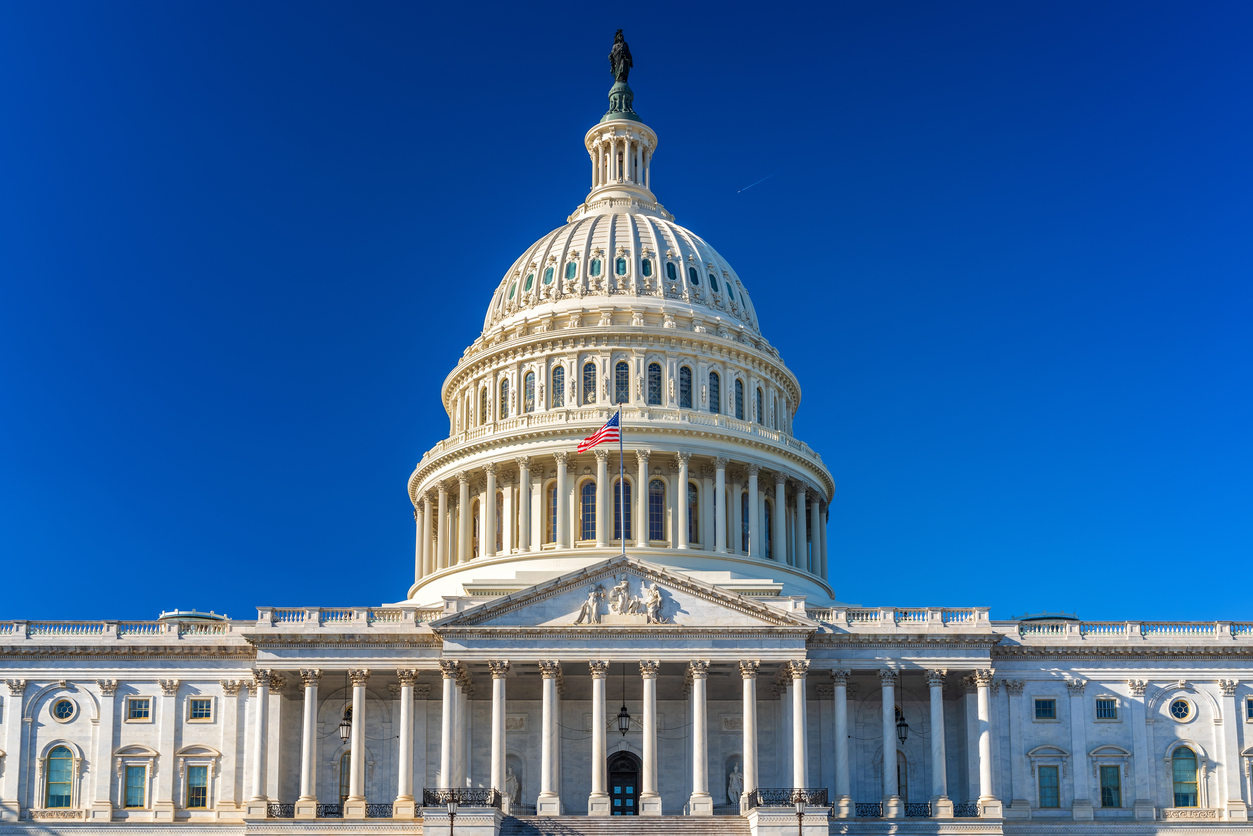On March 15, President Biden signed into law an omnibus federal appropriations bill to fully fund government agencies and programs over the 2022 fiscal year. This bill represents the first federal appropriations bill in over a decade to include earmarks since Congress imposed a ban on them. Earmarks – known as monies for projects that individual members of Congress include in federal spending bills – are provided in response to constituent requests. The significant shift to allow earmarks underscores how strongly many members of Congress want to fund projects that fill a critical need in their communities. The Powers firm succeeded in securing several earmarks to support client priorities, as follows:
- Secured $7.2 million to support expansion within a health system to upgrade radiology equipment, refurbish a Cancer Infusion Center, and renovate an Addiction Healing Center to address substance use disorders in the state.
- Secured $1.5 million to support the construction of a Community Health Center to address unmet health care needs in local, underserved communities.
- Acquired $455,000 for an allied health workforce development program to support improved medical access in a Federally Qualified Health Center (FQHC).
- Secured $210,000 to expand a computer lab on an Indian reservation in Washington state to address broadband connectivity and educational needs in the local community.
The Powers team was also successful in helping to secure expanded funding for current government-funded programs, including:
- Expansion of a postgraduate national nurse practitioner residency and fellowship training program by securing an additional $6 million for FY 2022.
- Expansion of capabilities for the National Institute on Disability, Independent Living, and Rehabilitation Research (NIDILRR) by securing an additional $3.5 million for the Institute.
- Creation of the Pediatric Subspecialty Loan Repayment Program (PSLRP), $5 million for a new program to strengthen the pediatric subspecialty workforce.
The Powers team supported client efforts to address additional requests in the appropriations bill for federal agency actions, as follows:
- Requested a blood pressure monitoring initiative through the Healthy Start program to help states and communities identify pregnant and postpartum women at high risk of hypertensive disorders of pregnancy, including preeclampsia.
- Emphasized the role of the Interagency Committee on Disability Research (ICDR) as the coordinator of interagency collaboration, including the standardization and collection of disability-specific data.

